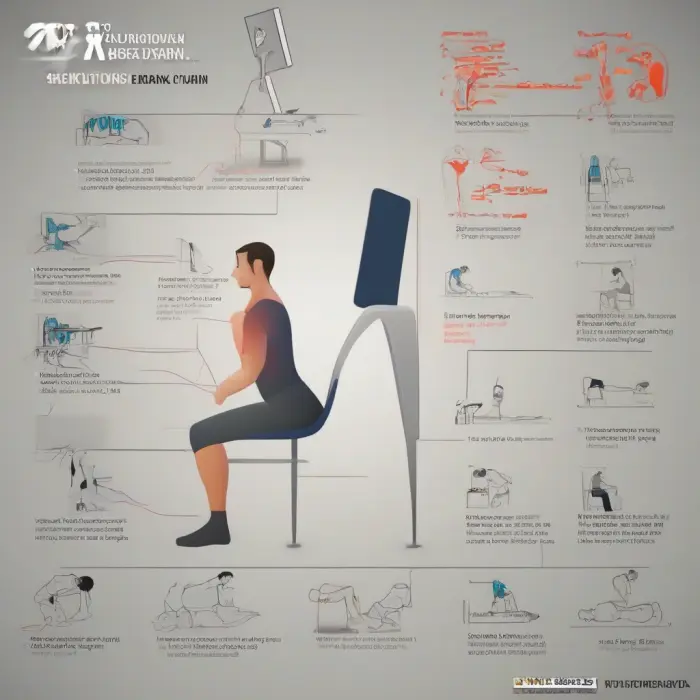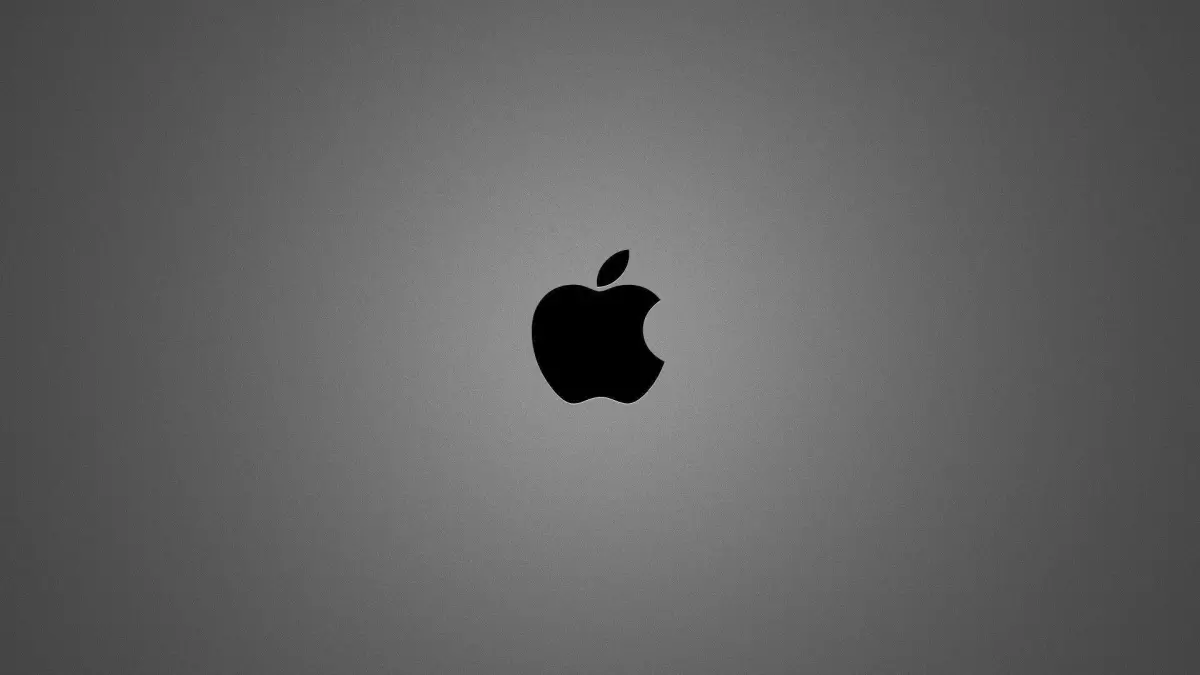Mark Zuckerberg set the trend for the development of metaverses when he announced in late October 2021 that Facebook was transitioning to Meta and focusing on furthering Metaverse technology. This had such a powerful impact that throughout 2022, metaverses remained at the forefront of focus and rightfully featured prominently in all manner of year-end reports and rankings.
In the largest Metaverse projects, major events have been held. Global brands have launched Web3 initiatives that included an "gentleman's set" consisting of NFT issuance, digital asset trading, and representation development in metaverses. Moreover, the first two points were almost always linked to the third one.
The Financial Times publication predicts a "gold rush" in the metaverse sector by 2023, but how justified is such a forecast? The answer to this rhetorical question was given in the title of the column. There are several main reasons for this opinion:
The cryptocurrency market is going through a serious downturn. This is due to macroeconomic factors and the internal cycles of the Bitcoin network, which acts as a locomotive for the industry. In 2023, the situation will not improve at least, and in such conditions crypto-currency Metaverse projects simply will not receive excessive funding and attention.
The development of the Metaverse requires the development and mass implementation of technological innovations, with a focus on VR technologies and network infrastructure. This in turn requires investments and technological base development. However, in 2023 manufacturers of weapons and their delivery systems will compete for microelectronics.
The conflict in Ukraine, as well as a number of other potential conflicts, the largest of which is brewing around Taiwan, has already led to an increase in demand for weapons. The production of modern weapons requires microelectronics with limited production scales. What looks more important in the current historical period for "decision makers" - metaworlds or war? Unfortunately, the answer is obvious.
It turns out that Metaverse is very cool, interesting and exciting. However, there are neither economic nor technological preconditions for the development of Metaverse technologies and their relatively wide implementation at least in its current form by 2023. Not to mention a full-fledged implementation of the concept of Metaverse, which was vividly demonstrated in the movie "Ready player one", which seems as far away from us as the moon.
Experts from Huawei share a similar opinion. They consider infrastructure to be the fundamental level necessary for developing metaverses. According to Huawei data by 2025, only 25% of the world's population will have access to 5G and this is not even taking into account creating VR headsets that would provide a full immersion effect with comfortable and prolonged use.
According to The Block Research data, monthly trading volume in the Metaverse sector has decreased by 96% compared to January figures by the end of 2022. Prices for land in Metaverse projects have also dropped 90% since the beginning of the year. This clearly demonstrates a lack of interest from ordinary users towards the sector.
If we return to Meta, which set the trend for metaverses, then roughly a year after its memorable rebranding in the media, critical materials began to emerge, the essence of which was reduced to one question - where did the $15 billion investment go? The results in the form of VR headsets Quest Pro for €1800 and without adequate cost of application methods as well as the appearance of avatar legs in Horizon Worlds clearly did not impress either public or investors. Despite rumors, Zuckerberg retained his post as CEO and does not plan to change course.
In short, development will certainly continue, but we shouldn't expect an uproar growth or a technological breakthrough in 2023 metaverses will probably remain a blend of MMORPG and Minecraft with elements of blockchain technology such as NFTs and cryptocurrency tokens. But the situation might change in 2024-25, especially taking into account China's plans to become a leader on the VR technology market by 2026.
Powered by Froala Editor










